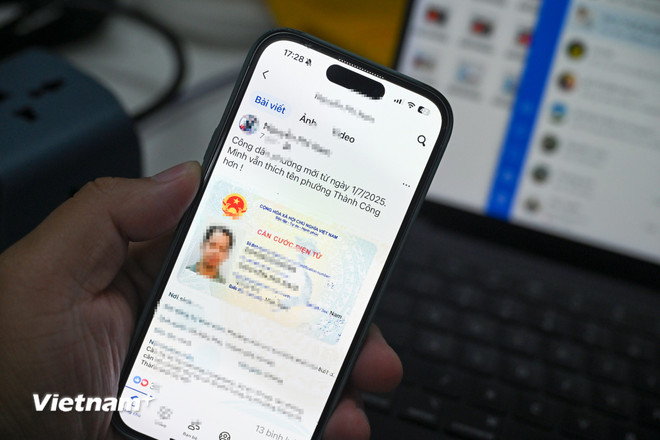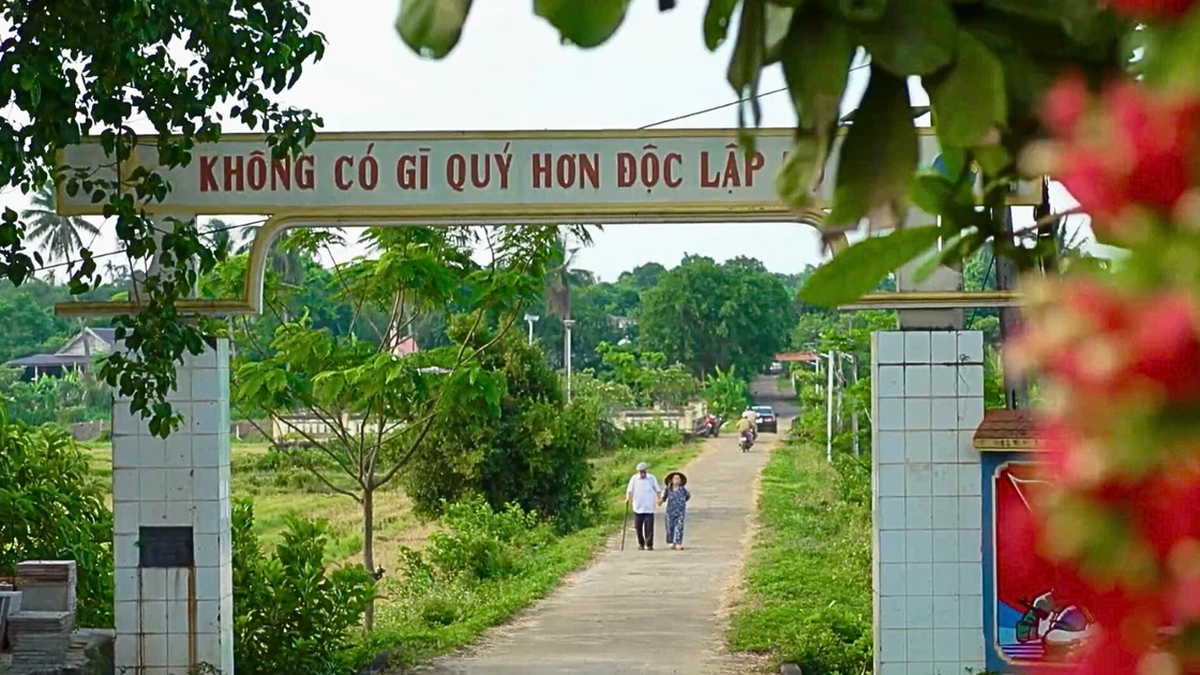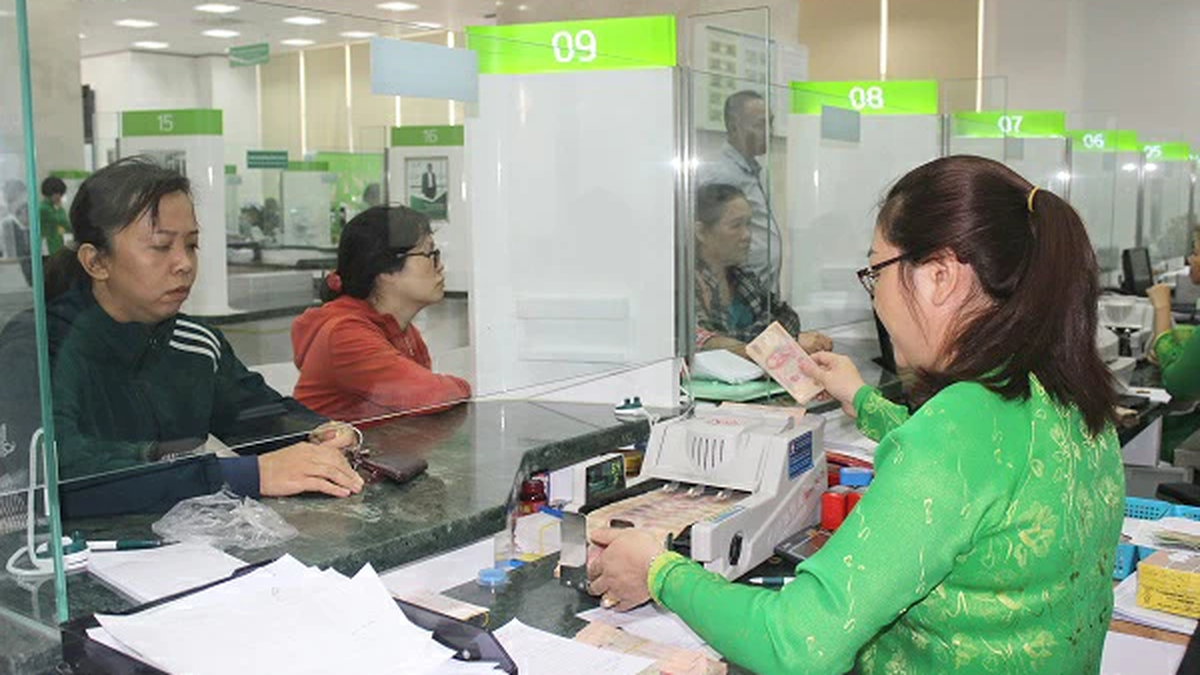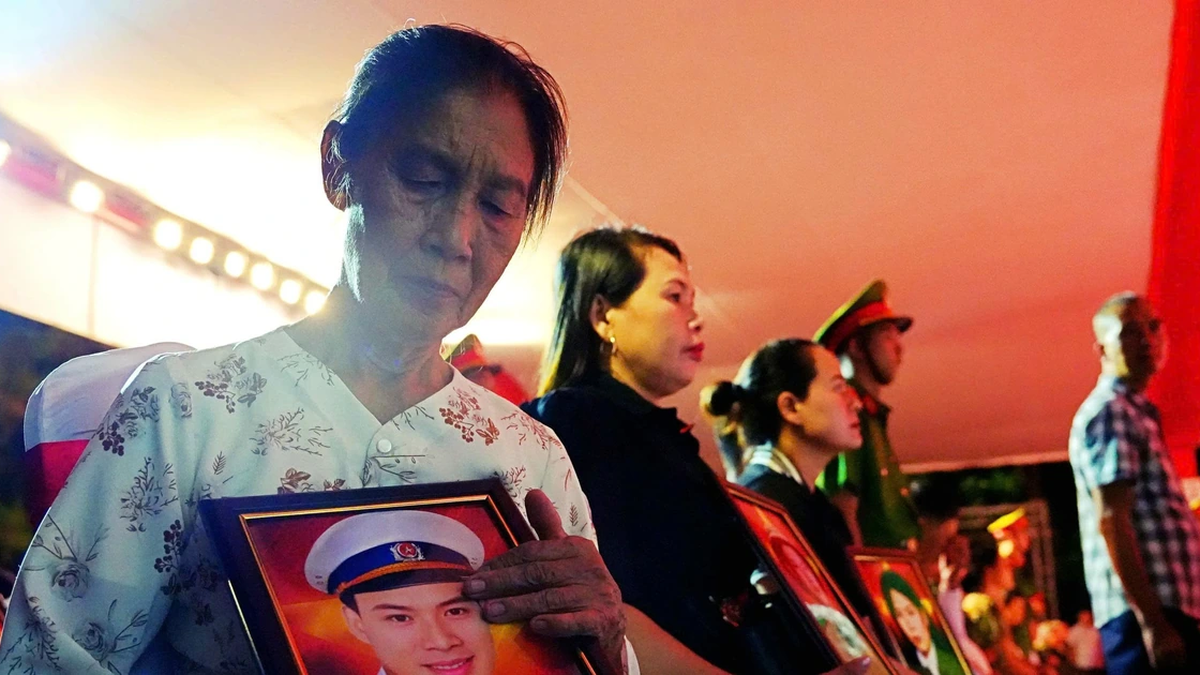From July 1, 2025, the whole country will officially switch to a two-level local government model including provinces/cities and communes/wards/towns, eliminating the district and county levels. This is an important step in reforming the administrative apparatus, aiming for a more streamlined, effective and efficient state management.
At the same time, since June 30, the national database system has updated new personal information for people on the VNeID application, including hometown and permanent address according to new administrative boundaries.
Immediately after this change, a trend appeared on social networks of users enthusiastically sharing screenshots of the VNeID application showing new address information, as a way to "show off" that they are citizens of the new administrative unit. However, this seemingly harmless action actually contains many serious security risks.
The habit of "showing off" personal documents, ticket codes, bank statements, etc. has been popular for many years on social networks. With VNeID increasingly integrated into citizens' digital lives, the image of this application has become a new target for people with bad intentions. The trend of posting photos of updated addresses after merging territories has further increased the risk of information leakage.
Especially in the era when digital data has become a valuable asset, revealing personal information is no different from 'opening the door' for criminals to access. Many scams today originate from victims having their personal information publicly exploited on Facebook, Zalo or other social networking platforms.
According to Mr. Vu Ngoc Son - Head of Technology Research Department, National Cyber Security Association, the fact that users are excited to share citizen identification card images on social networks after being updated about their new permanent residence according to the new administrative boundaries can potentially pose a risk of personal information leakage.

With the development of image recognition technology using artificial intelligence (AI), systems can automatically analyze photos and collect information from images, thereby obtaining information about the user's address, even the user's ID number if not covered. This data can be used to build personal profiles, serve forgery, fraud, property appropriation, or impersonation to make fake documents.
Mr. Vu Ngoc Son also recommends absolutely not posting photos of ID cards, driver's licenses, bank cards, etc. online. Cover up information such as ID numbers, addresses, and QR codes. At the same time, you should carefully check your privacy when posting and always be vigilant for unusual contacts after information is leaked.
The story of sharing VNeID images or personal documents on social networks once again emphasizes the importance of security awareness in the digital age. A moment of "showing off" online can have lasting consequences, from identity fraud to online fraud through high-tech tricks.
Changing administrative boundaries and updating personal information are part of the process of modernizing state management. But to truly enter the digital age safely, each citizen needs to equip themselves with the right knowledge about protecting personal information./.
Source: https://www.vietnamplus.vn/canh-bao-trao-luu-khoe-anh-can-cuoc-tren-vneid-sau-khi-cap-nhat-dia-chi-moi-post1047525.vnp


































































































Comment (0)